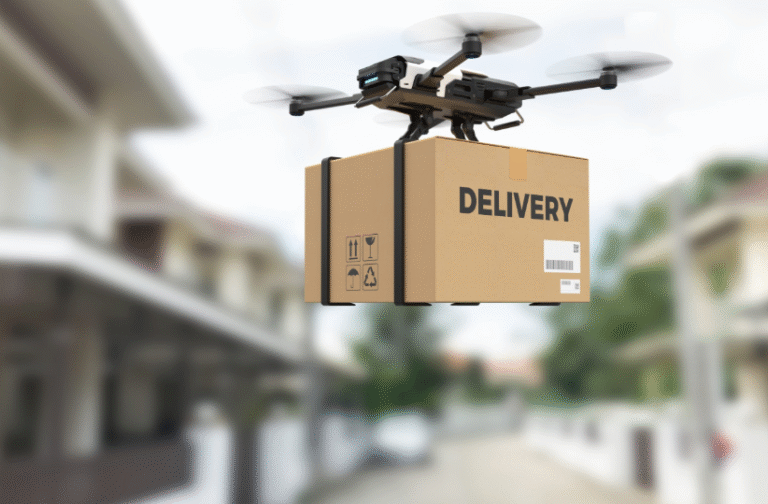How Machine Learning Is Shaping the Future of Automation

Machine learning is fundamentally transforming automation by enabling systems to learn autonomously from vast datasets. This shift towards intelligent systems allows for enhanced decision-making and efficiency across numerous sectors. However, the integration of machine learning presents notable challenges, including data integrity and ethical considerations. As organizations strive to harness these advanced technologies, the implications for workforce dynamics and operational strategies warrant careful examination. What frameworks will emerge to support this evolution?
The Evolution of Automation: From Traditional to Intelligent Systems
As industries confronted increasing demands for efficiency and productivity, the evolution of automation transitioned from traditional, mechanistic systems to sophisticated, intelligent frameworks.
This history timeline reveals critical automation milestones, including the advent of programmable logic controllers and advancements in artificial intelligence.
Each milestone not only enhanced operational capabilities but also fostered a landscape where autonomy and adaptability became paramount, empowering organizations to navigate complex challenges.
Key Machine Learning Techniques Driving Automation
The advancement of intelligent systems has been significantly influenced by various machine learning techniques that enhance automation capabilities across industries.
Supervised learning facilitates accurate predictions through labeled data, while unsupervised learning uncovers patterns without prior labels.
Reinforcement learning optimizes decision-making processes. Neural networks enable complex feature extraction, and applications in natural language processing and computer vision further drive automation’s transformative potential.
Model training remains central to these advancements.
See also: How Iot Is Changing the Manufacturing Industry
Real-World Applications of Machine Learning in Various Industries
Machine learning has emerged as a transformative force across diverse industries, driving innovation and efficiency.
In healthcare analytics, it enhances patient outcomes through data-driven insights.
Predictive maintenance minimizes equipment downtime in manufacturing.
Financial forecasting employs advanced algorithms to optimize investment strategies.
Additionally, customer personalization tailors experiences in retail, fostering engagement and loyalty, showcasing the multifaceted applications of machine learning across sectors.
Challenges and Considerations for Implementing Machine Learning in Automation
Implementing machine learning in automation presents a unique set of challenges that organizations must navigate to fully harness its benefits.
Critical considerations include ensuring data quality and addressing algorithm bias, which can perpetuate inequities.
Furthermore, ethical implications arise alongside workforce impacts.
Effective system integration and ongoing maintenance are essential to sustain performance and adaptability, allowing organizations to leverage automation responsibly and equitably.
Conclusion
As automation evolves under the influence of machine learning, it mirrors the metamorphosis of caterpillars into butterflies—transforming capabilities and redefining operational landscapes. The integration of intelligent systems promises enhanced efficiency and precision, yet it also beckons organizations to confront the ethical and practical challenges that accompany such innovation. Ultimately, the balance between human ingenuity and machine autonomy will dictate the trajectory of this technological revolution, underscoring the need for thoughtful stewardship in an increasingly automated world.





